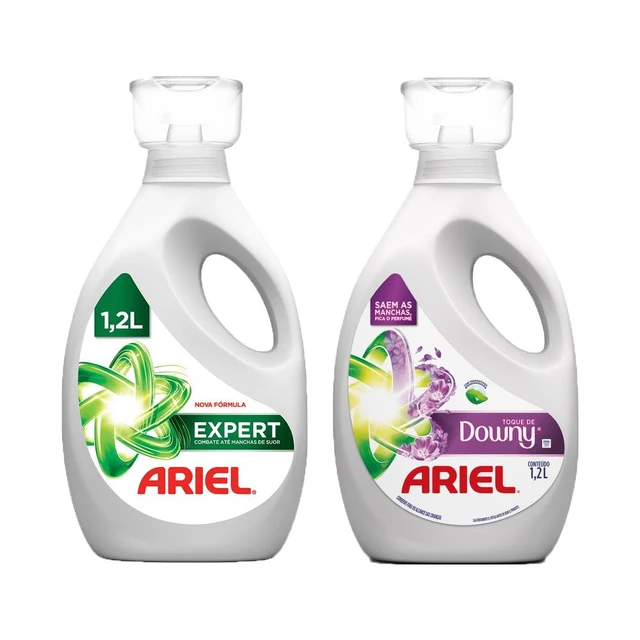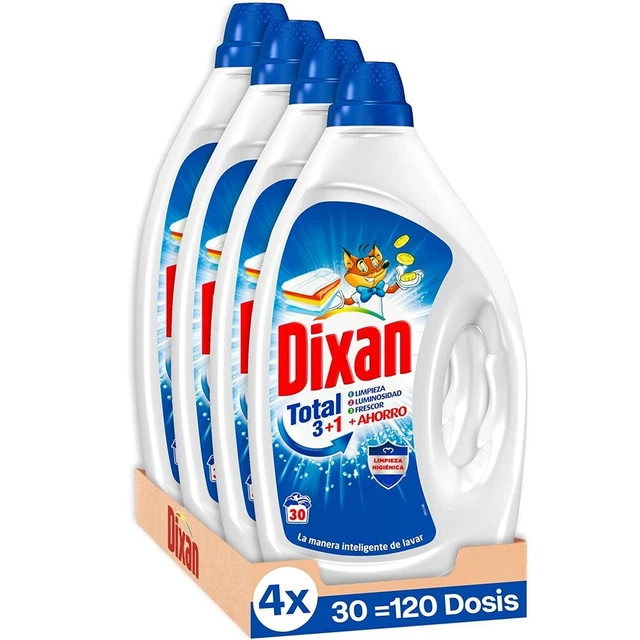 Introduction:
Introduction:
What happens if you use vinegar and laundry detergent together?
Laundry is an essential household chore, and using the right cleaning agents plays a vital role in achieving clean and fresh-smelling clothes. Vinegar and laundry detergent are two commonly used cleaning agents, but what happens if you use them together? In this comprehensive guide, we will explore the effects and potential benefits of using vinegar and laundry detergent together in your laundry routine, considering factors such as cleanliness, odor elimination, fabric care, and environmental impact.
Here are some common types of laundry detergents:
There are several types of laundry detergents available on the market, each formulated for different purposes and preferences. Here are some common types of laundry detergents:
Powder Detergents:
Powder detergents are the traditional and most commonly used form of laundry detergent. They typically come in a powdered form and are effective at removing stains and dirt from clothes. Powder detergents are often more cost-effective and offer good cleaning power. However, they might leave residue if not properly dissolved or rinsed out.
Liquid detergents are versatile and easy to use. They are available in liquid form and are often concentrated for more efficient cleaning. Liquid detergents are ideal for pre-treating stains and can be used in both standard and high-efficiency washing machines. They are less likely to leave residue compared to powder detergents.
Pod or Capsule Detergents:
Pod or capsule detergents are single-use, pre-measured units of detergent enclosed in a dissolvable film. They offer convenient and mess-free usage as they eliminate the need for measuring and pouring. Pod detergents are popular for their simplicity and are suitable for both regular and high-efficiency washing machines.
Eco-Friendly or Green Detergents:
Eco-friendly detergents are formulated with biodegradable and plant-based ingredients. They are designed to minimize environmental impact while still providing effective cleaning. These detergents often avoid harsh chemicals like phosphates, dyes, and artificial fragrances. Eco-friendly detergents appeal to individuals seeking sustainable and environmentally conscious laundry options.
Specialty Detergents:
Specialty detergents cater to specific laundry needs, such as baby detergents for sensitive skin, color-safe detergents for vibrant clothes, and hypoallergenic detergents for individuals with allergies or sensitivities. These detergents are formulated to address specific concerns and provide specialized care for various fabrics or laundry situations.
Each type of laundry detergent offers different features and benefits, catering to different preferences, washing machines, and laundry needs. It’s important to choose a detergent that aligns with the type of washing machine you have, takes into account fabric care instructions, and suits any personal preferences or sensitivities.
 Vinegar and Laundry Detergent: How They Work
Vinegar and Laundry Detergent: How They Work
Vinegar:
It has natural cleaning properties and is known for its ability to break down mineral deposits, remove odors, and act as a fabric softener.
Laundry Detergent:
Laundry detergent is a surfactant-based cleaning agent designed to remove dirt, stains, and oils from fabrics.
It contains a combination of chemicals and enzymes that work together to lift and suspend soils for effective cleaning.
Benefits of Using Vinegar and Laundry Detergent Together
Improved Cleaning Power:
Combining vinegar with laundry detergent can enhance the cleaning effectiveness, particularly in removing tough stains, odors, and residues.
The acidity of vinegar can help break down build-up on fabrics, enhancing the detergent’s ability to lift and remove dirt.
Odor Elimination:
Vinegar has natural deodorizing properties and can help neutralize unpleasant smells on fabrics.
Adding vinegar to the laundry can aid in removing stubborn odors, such as those caused by sweat, smoke, or mildew.
Fabric Softening:
Vinegar acts as a natural fabric softener, providing a soft and smooth feel to clothes after washing.
It can help reduce static cling and minimize the need for additional fabric softening products.
 Guidelines for Using Vinegar and Laundry Detergent Together
Guidelines for Using Vinegar and Laundry Detergent Together
Proper Ratios:
For most laundry loads, adding 1/2 to 1 cup of vinegar during the rinse cycle is generally sufficient.
Use a higher amount of vinegar for larger or heavily soiled loads.
When to Add Vinegar:
Add vinegar during the rinse cycle, after the laundry detergent has been rinsed away.
This allows the vinegar to work effectively without interfering with the detergent’s cleaning action.
Compatibility with Fabrics:
Vinegar is generally safe for most fabrics, but some delicate or sensitive materials may require cautious use.
Test on a small, inconspicuous area of the fabric before treating the entire garment with vinegar.
Environmental Considerations
Eco-Friendliness:
Vinegar is a natural, biodegradable, and environmentally friendly alternative to chemical-laden fabric softeners or odor eliminators.
Using vinegar and laundry detergent together can be a greener choice, reducing the reliance on harsh chemicals.
Energy and Water Savings:
Vinegar can help enhance the detergent’s cleaning power, allowing for more effective cleaning in shorter wash cycles.
This can potentially conserve energy and water usage, contributing to a more sustainable laundry routine.
 When baking soda and laundry detergent are mixed together:
When baking soda and laundry detergent are mixed together:
When baking soda and laundry detergent are mixed together, a chemical interaction occurs that can have several effects:
Increased Cleaning Power:
Baking soda, also known as sodium bicarbonate, acts as a natural cleaning agent. When mixed with laundry detergent, it can boost the detergent’s cleaning power and help remove stains, dirt, and odors from clothes more effectively.
Odor Absorption:
Baking soda has deodorizing properties and can help neutralize unpleasant smells. When combined with laundry detergent, it can assist in eliminating odors, leaving clothes fresh-smelling.
Brighter Whites and Colors:
Baking soda has mild bleaching properties that can enhance the brightness of whites and help maintain the vibrancy of colors. When used together with laundry detergent, it can contribute to brighter, cleaner-looking clothes.
Softening Effects:
Baking soda can act as a fabric softener, making clothes feel softer and reducing static cling. It can help to neutralize the hardness of water, resulting in softer and more comfortable garments.
It is important to note that the amount of baking soda and laundry detergent used should be appropriate for the size of the laundry load and the specific instructions provided by the detergent manufacturer. Using excessive amounts of baking soda may lead to residue buildup or affect the effectiveness of the detergent. Consider conducting a patch test before treating the entire load to ensure compatibility with the fabrics and colors being washed.
 Conclusion:
Conclusion:
What happens if you use vinegar and laundry detergent together? Using vinegar and laundry detergent together can result in improved cleaning power, odor elimination, and fabric softening in your laundry routine. Vinegar’s natural properties complement the effectiveness of laundry detergent, providing additional benefits without the need for harsh chemicals or artificial additives. When used in proper ratios and following appropriate guidelines, vinegar can be a safe and eco-friendly option for achieving clean, fresh-smelling, and soft clothes. Consider incorporating vinegar into your laundry routine to experience its potential benefits and contribute to a greener and more sustainable approach to laundry care.